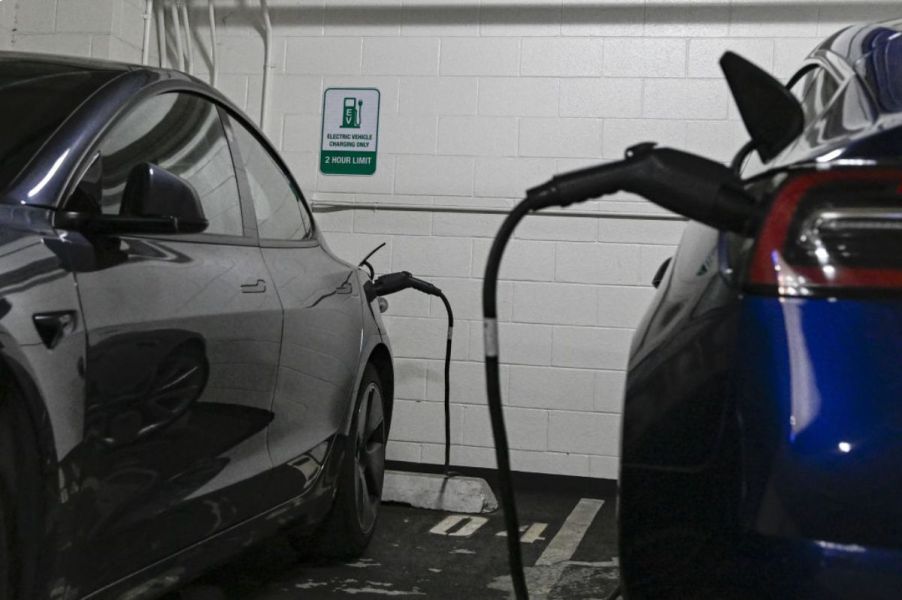
7 Rival Automakers Are Uniting for 1 Cause
The automotive industry is a fairly cutthroat business with all automakers seeking to grow their market share while garnering brand loyalty, improving the perception of the marque, and undercutting their rivals. But as the entire automotive industry stands on the precipice of electrification, several rivals are joining hands to ensure the electric era has the necessary foundation for success.
Rivals are teaming up to build electric car chargers
Announced earlier this year, BMW Group, General Motors, Honda, Hyundai, Kia, Mercedes-Benz Group, and Stellantis are partnering to ensure one of the biggest current struggles of EV ownership—North America’s charging infrastructure, or lack thereof—is mitigated.
The seven automotive groups and brands are aiming to install at least 30,000 high-powered charge points across North America beginning in the United States in mid-2024 before later expanding the network’s footprint to Canada.
According to a press release from Honda, each charging station will include multiple “high-powered” DC chargers, though the specifics on charging output wasn’t revealed. Where possible, the announcement states, these charging stations will come with useful amenities like canopy covers, restrooms, food service and retail operators.
Some “flagship” stations will deliver a “premier experience designed to showcase the future of charging,” though no additional details were given on the additional amenities these stations may include.
In tandem with the rollout of more chargers, the automakers are poised to integrate the charging network into in-vehicle and in-app experiences of their EV models, allowing drivers to make reservations, use intelligent route planning and navigation and payment systems for the new chargers.
Initially, the charging network will be focused on metropolitan areas and major highways, “including connecting corridors and vacation routes.”
This charging infrastructure will come as a boon for current and future EV buyers, because as anyone who has tried to take a long road trip in an EV can attest, the availability of public chargers in the U.S. is completely lackluster.
These chargers can’t come soon enough
The U.S. Department of Energy notes there were 32,000 public DC fast chargers in the U.S., just one charger per 72 vehicles, as of July 2023. The announcement notes that electric vehicles are expected to account for over half of total U.S. automotive sales by the end of the decade.
As such, the National Renewable Energy Laboratory predicts that 182,000 DC fast chargers—more than five times the number of public chargers currently available—will be needed to support the 30-42 million EV and plug-in hybrid vehicles on the road by 2030.
Therefore, these seven automakers teaming up to expand North America’s charging infrastructure is critical for both the brands and buyers of their plug-in and all-electric models.
It’s refreshing to see rivals coming together
Given the implications of the entire automotive industry rapidly advancing toward electrification, it’s hardly surprising these major automakers are teaming up as they all venture into a new and wholly different territory. After all, a rising tide lifts all ships. Still, it’s commendable to see these major companies joining together for what can be considered the “greater good.”
Of course, it’s also a sound business practice.
Without an adequate charging infrastructure, fewer buyers will be willing to make the switch to an all-electric car. And if there’s anything all automakers want to avoid, it’s having car buyers keeping their older models or remaining solely in the used market because the infrastructure for making the EV switch is inadequate.
It should be noted this charging project isn’t the only recent way automotive rivals are teaming up to ease some of the current headaches associated with EV ownership. Notably, more automakers are adopting Tesla’s North American Charging Standard, which will give owners of non-Tesla models the ability to use the company’s Supercharger network, which is by far the most expansive network of chargers currently in the U.S.



